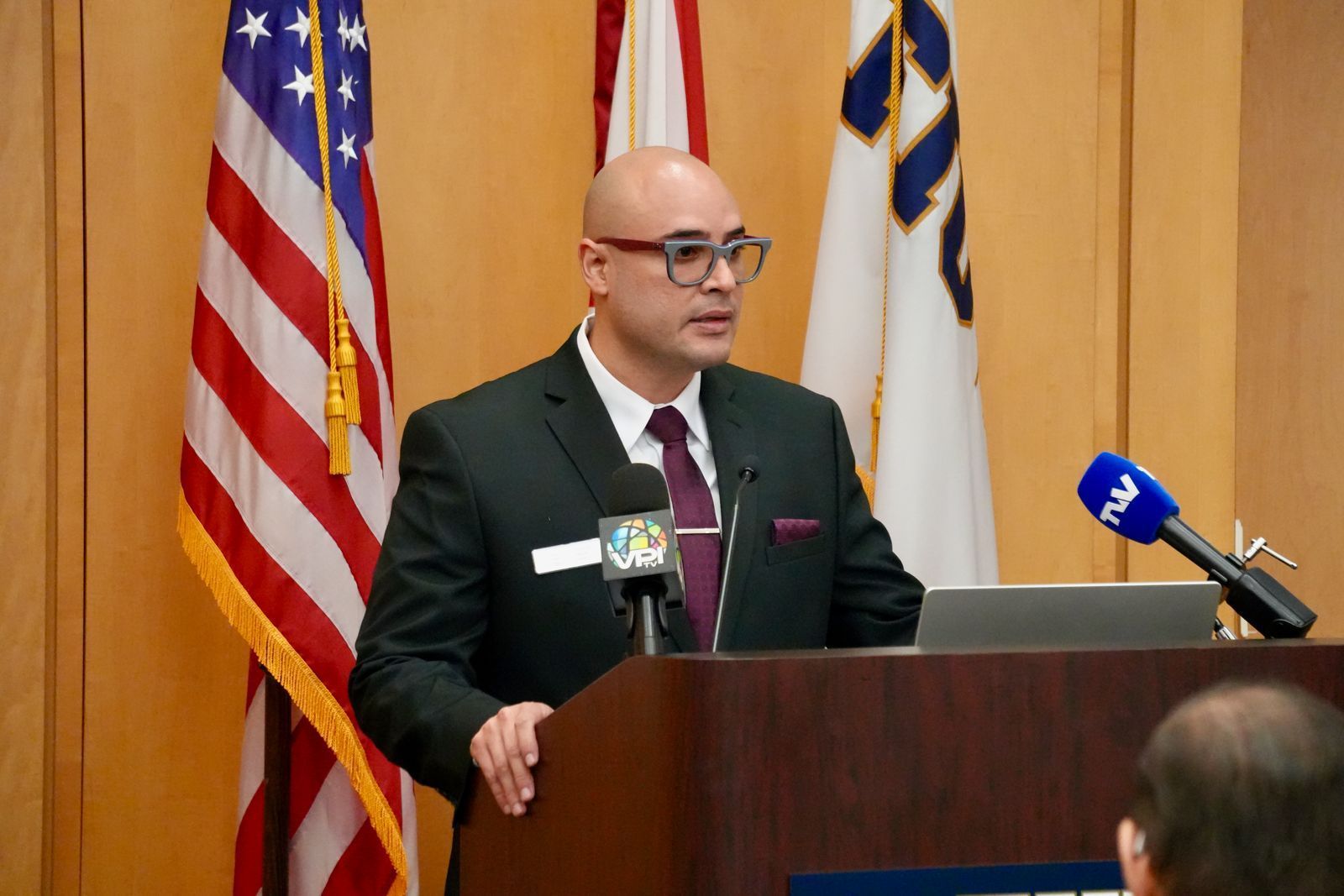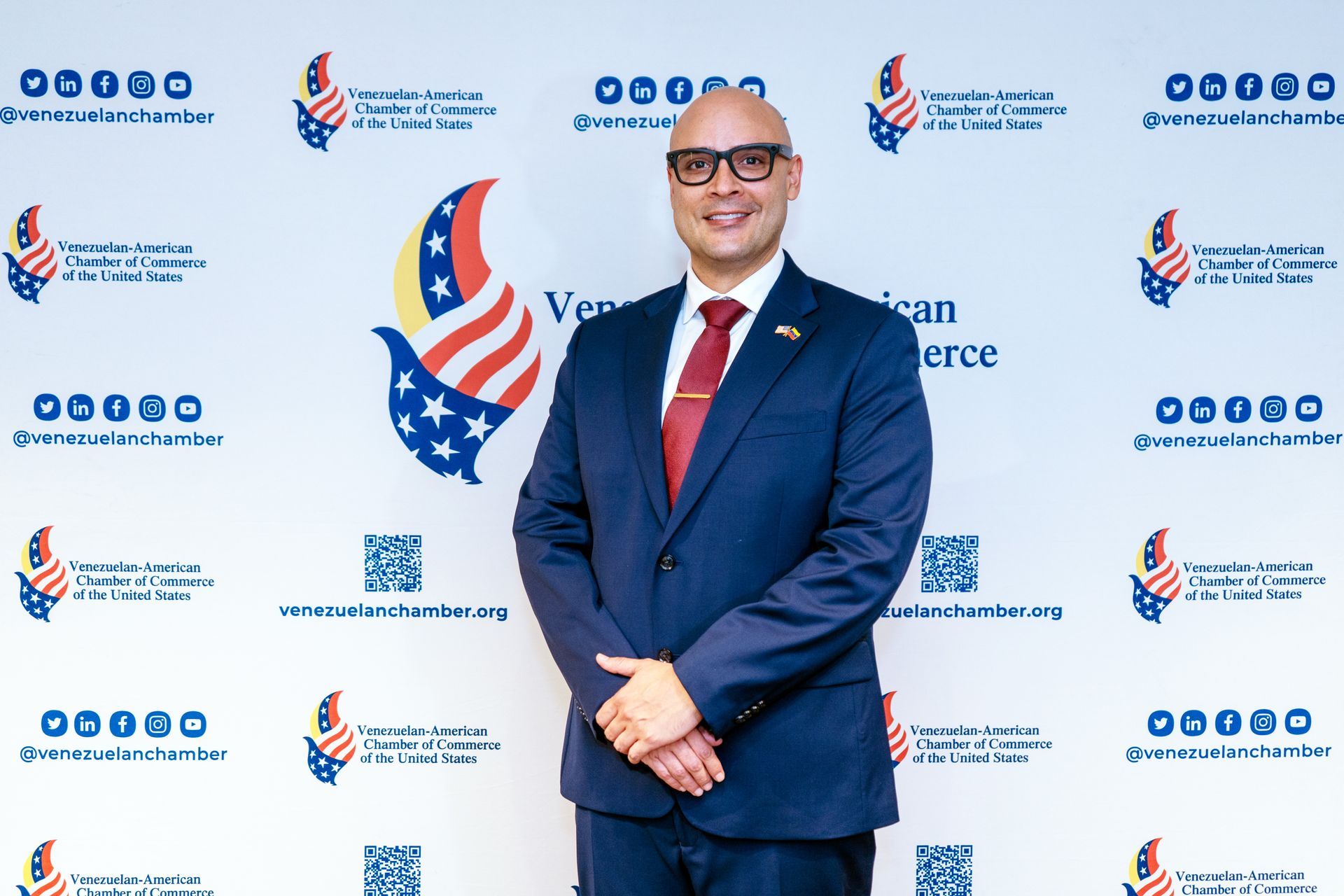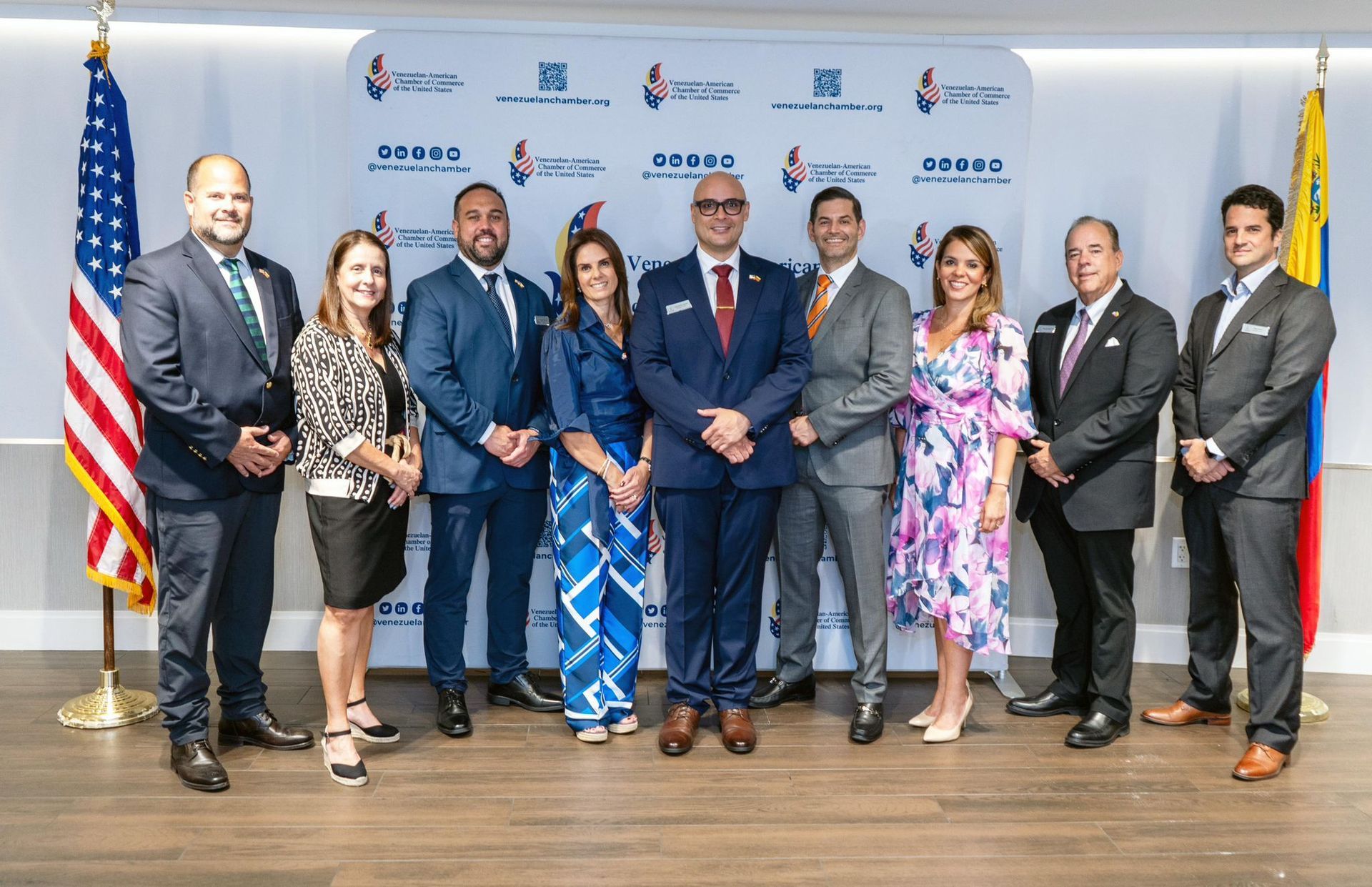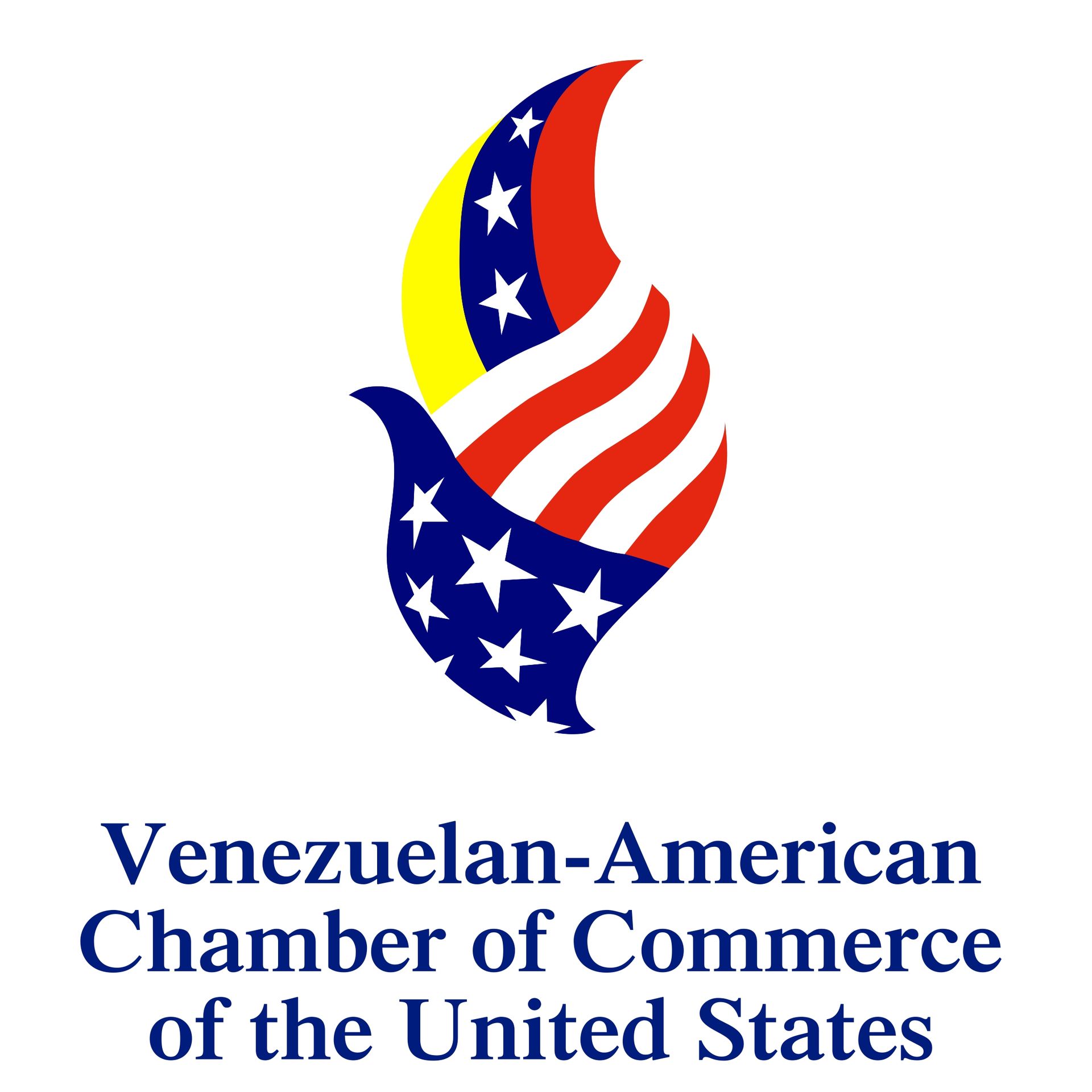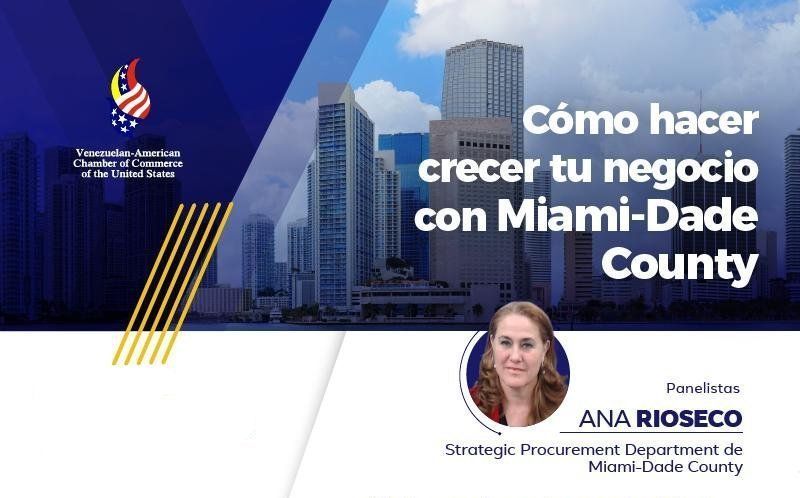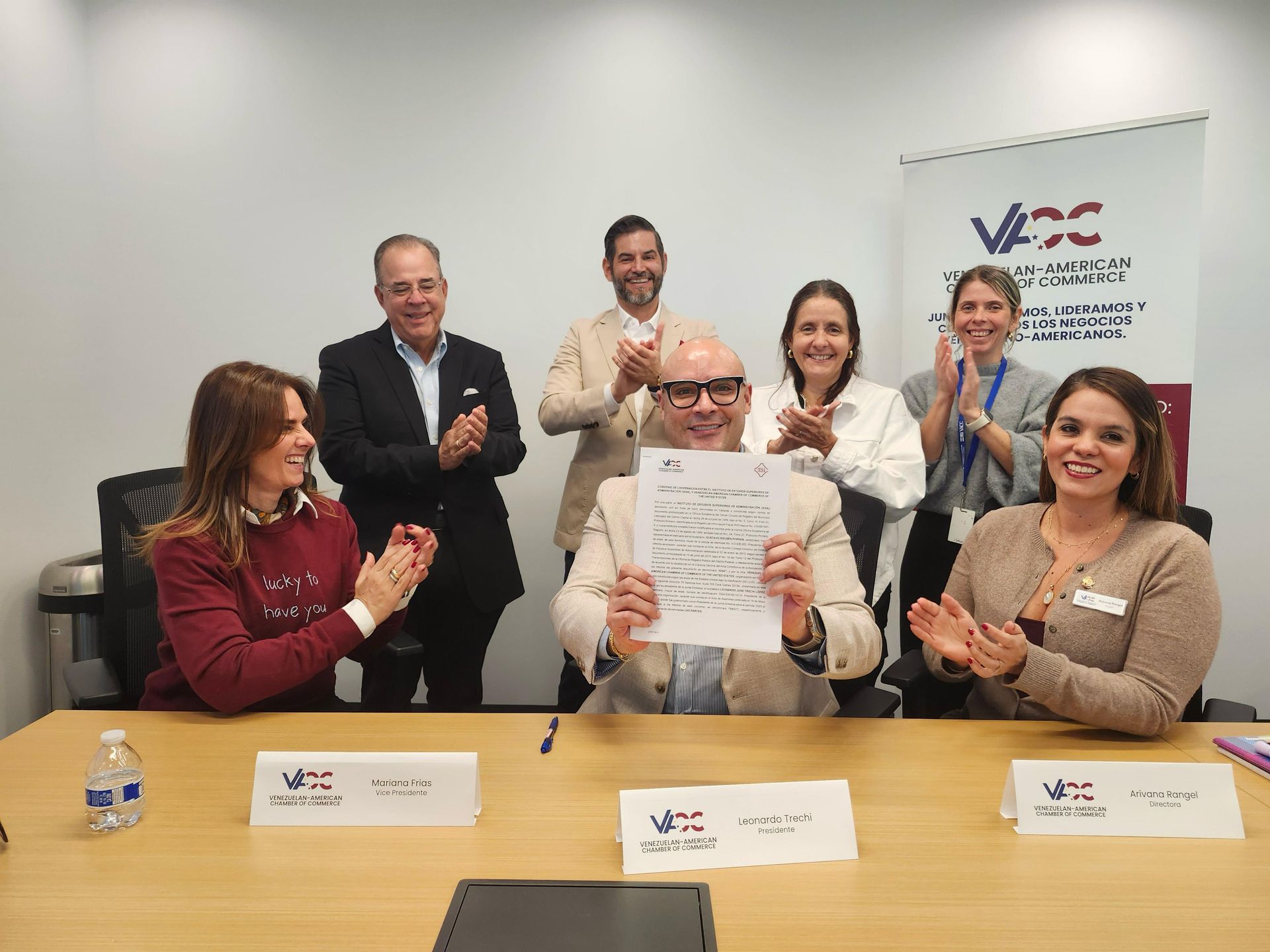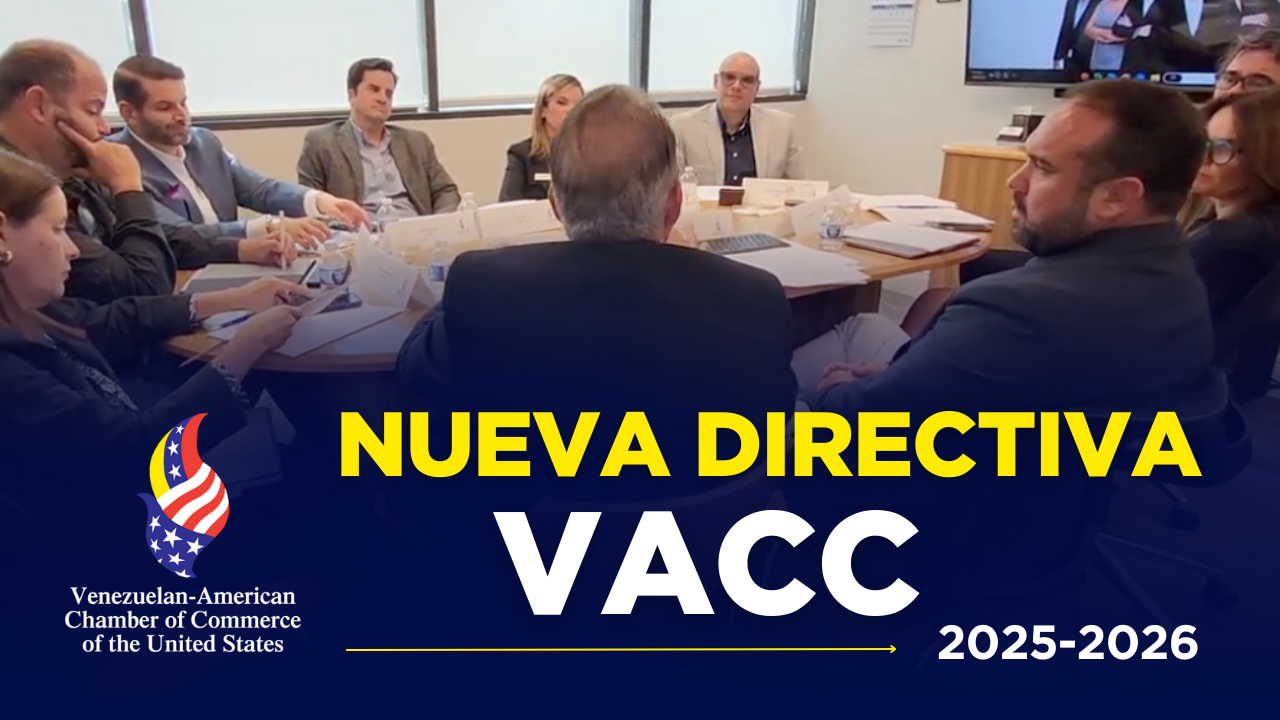Remesas y Venezuela, el nuevo Petróleo.
Escrito por Alonso Rodríguez Segarra
27 de Octubre de 2021
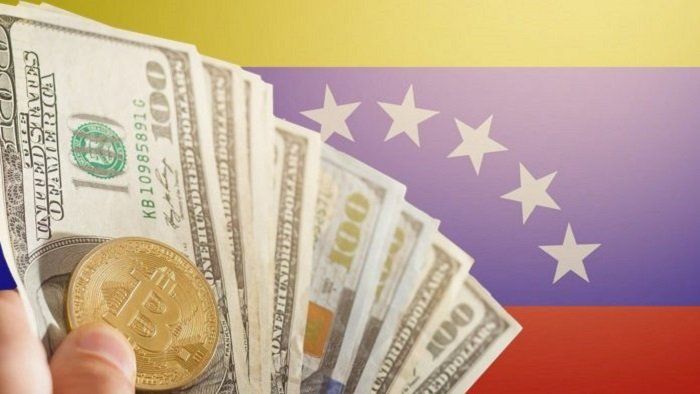
70% de la población adulto mayor de Venezuela vive gracias a las remesas.
Tradicionalmente cuando nos hablaban de remesas nuestra mente automáticamente pensaba en países como Méjico y el Salvador y las razones son muy sencillas:
- Los mejicanos cada año remiten desde los Estados Unidos a su país más de 40.000 millones de dólares.
- Mientras que los salvadoreños en USA envían unos 4.500 millones de dólares, pero esto representa el 21% de su Producto Interno Bruto.
Ahora bien, cuando comparamos el efecto que las remesas están teniendo en Venezuela de todas las partes del mundo, vemos que anualmente entran entre 4.000 y 3.500 millones, pero lo importante el efecto de estas sobre la economía representa el 22% del producto interno bruto de nuestro país para el año 2020. Lo que muestra que en poco tiempo pasamos a las altas ligas de las remesas a nivel mundial.
Por supuesto que la pandemia ha tenido un efecto sumamente negativo en el monto que las personas pueden enviar y por sobre todo en el caso de los venezolanos, que somos una población relativamente nueva dentro del mundo de los emigrantes y el tipo de trabajo que lograron obtener fue uno de los más afectados.
El Banco Mundial estima que las remesas a nivel mundial bajarán un 20%, situación que, por supuesto también afecta al monto que pueden enviar los venezolanos, lo cual tiene un efecto desbastador en las finanzas de un 35% de las familia venezolanas las cuales dependen de estos ingresos.
Por supuesto que la situación para el venezolano que está afuera y en esta situación es sumamente dura, sabiendo que su familia depende de estas remesas, pero sus finanzas personales no le permiten enviar dinero cuando en algunos casos no pueden ni pagar la renta y saben que por el otro lado sus familiares y sobre todo los de la tercera edad no pueden comprar ni las medicinas que necesitan.
Por otra parte, los sistemas para envíos de estas remesas a raíz de los controles y otros factores no son eficientes y resultados muy costosos, estando expuestos a movimientos cambiarios y en algunos casos hasta en riesgo de fluctuaciones de criptoactivos dado que también se hacen por esas vías.
Veamos cuales son los promedios de los montos que remiten los venezolanos según un informe realizado por The Dialogue en mayo 2020, a más de 800 personas, mostrando las siguientes cifras en promedio por venezolanos desde cada uno de estos países:
- Desde USA, anualmente $3.000 o mensual $250
- De España, anualmente $2.400 o mensual $200
- De Colombia, anualmente $450 o mensual $38
- De Ecuador, anualmente $400 o mensual $33
Indudablemente hay un esfuerzo titánico en el envío de estas cantidades de dinero y es una realidad que las remesas llegaron para quedarse siendo la segunda fuente más importante de entrada de dinero para el país, por lo que las llamamos el nuevo petróleo.
Las experiencias de países que tienen una tradición de migración mucho mayor a la venezolana nos muestran que gran parte de estas personas que se fueron van poco a poco mejorando sus finanzas personales los cuales les permite apoyar a sus familiares con montos mayores, proporcionando mayor bienestar financiero. Es interesante resaltar el caso de los mejicanos en USA los cuales en plena pandemia en lugar de enviar menos dinero lograron aumentar sus remesas en 35% en el mes de marzo, siendo este monto impacto en parte por una devaluación de su moneda, pero indudablemente muestra una población con mejores ingresos que pudo apoyar en esos momentos tan complejos a sus familiares.
En conclusión, siempre hay un mejor mañana, pero en la medida en que los ingresos de los venezolanos que viven afuera vayan subiendo, nuestra sugerencia es que la mejor forma de ayudar a tu familia es logrando que tus finanzas estén cada día más fuertes por lo que seguimos ratificando:
- La importancia de tener o ir creando un fondo de emergencia, o monto ahorrado en una cuenta bancaria que cubra al menos 6 meses de tus gastos mensuales, que va a servir como tu póliza de protección ante situaciones inesperadas.
- No dejar de lado el ahorrar para tu retiro o jubilación, la única forma de ir rompiendo este círculo de la pobreza es que el día de mañana no seas una carga financiera para tus hijos y logres la independencia.
- Si estas en los Estados Unidos, es fundamental que aprendas que es una IRA (Individual Retirement Account – Cuenta individual para retiro) la cual permite que tu dinero crezca para tu jubilación sin pago de impuestos.
Como dicen en los aviones si no te pones tu mascara de oxígeno primero a ti, en caso de una despresurización no vas a poder ayudar a los que viajan contigo.
Fuente: The Dialogue (Manuel Orozco, Kathryn Klass), Econoanalítica, Banca y Negocios, y cálculos propios.
Breve Biografía del Autor:
Alonso Rodríguez Segarra
CFP ®, Fundador & CEO Advise Financial
Alonso, reconocido como el primer venezolano en obtener la prestigiosa certificación de "CERTIFIED FINANCIAL PLANNER™" en USA. Comprometido como asesor financiero para latinos, con más de 20 años de experiencia en el mundo de las finanzas, siempre trabajando bajo el criterio fiduciario.
Remittances and Venezuela, the new Oil.
October 27th, 2021
By Alonso Rodríguez Segarra

70% of the elderly population of Venezuela lives thanks to remittances.
Traditionally, when they talked to us about remittances, our mind automatically thought of countries like Mexico and El Salvador and the reasons are very simple:
- Mexicans send more than 40,000 million dollars to their country each year from the United States.
- While Salvadorans in the USA send about 4,500 million dollars, but this represents 21% of their Gross Domestic Product.
Now, when we compare the effect that remittances are having in Venezuela from all parts of the world, we see that annually between 4,000 and 3,500 million enter, but the important thing is the effect of these on the economy represents 22% of the gross domestic product of our country for the year 2020. Which shows that in a short time we went to the top leagues of remittances worldwide.
Of course, the pandemic has had an extremely negative effect on the amount that people can send and, above all, in the case of Venezuelans, that we are a relatively new population in the world of emigrants and the type of work they managed to obtain. they were one of the most affected.
The World Bank estimates that remittances worldwide will drop by 20%, a situation that of course also affects the amount that Venezuelans can send, which has a devastating effect on the finances of 35% of Venezuelan families who depend on these income.
Of course, the situation for the Venezuelan who is abroad and in this situation is extremely hard, knowing that his family depends on these remittances, but his personal finances do not allow him to send money when in some cases they cannot even pay the rent and they know that on the other hand, their relatives and especially the elderly cannot even buy the medicines they need.
On the other hand, the systems for sending these remittances as a result of controls and other factors are not efficient and results are very expensive, being exposed to exchange movements and in some cases even at risk of fluctuations in crypto assets since they are also made by those tracks.
Let's see what are the averages of the amounts that Venezuelans send according to a report carried out by The Dialogue in May 2020, to more than 800 people, showing the following average figures per Venezuelans from each of these countries:
- From the USA, annually $3,000 or monthly $250
- From Spain, annually $2,400 or monthly $200
- From Colombia, annually $450 or monthly $38
- From Ecuador, annually $400 or monthly $33
Undoubtedly, there is a titanic effort in sending these amounts of money and it is a reality that remittances came to remain the second most important source of money for the country, which is why we call them the new oil.
The experiences of countries that have a much greater tradition of migration than Venezuela show us that a large part of these people who left are gradually improving their personal finances which allows them to support their relatives with greater amounts, providing greater financial well-being. It is interesting to highlight the case of Mexicans in the USA who, in the midst of a pandemic, instead of sending less money, managed to increase their remittances by 35% in the month of March, this amount being partially impacted by a devaluation of their currency, but it undoubtedly shows a population with a better income that was able to support their families in these difficult moments.
In conclusion, there is always a better tomorrow, but as the income of Venezuelans living abroad increases, our suggestion is that the best way to help your family is by making your finances stronger every day. that we continue to ratify:
- The importance of having or creating an emergency fund, or amount saved in a bank account that covers at least 6 months of your monthly expenses, which will serve as your protection policy against unexpected situations.
- Do not put aside saving for your retirement or retirement, the only way to break this cycle of poverty is that tomorrow you will not be a financial burden for your children and achieve independence.
- If you are in the United States, it is essential that you learn that it is an IRA (Individual Retirement Account - Individual Retirement Account) which allows your money to grow for your retirement without paying taxes.
As they say on airplanes if you don't put your oxygen mask on yourself first, in the event of a depressurization you will not be able to help those who travel with you.
Source: The Dialogue (Manuel Orozco, Kathryn Klass), Econoanalítica, Banca y Negocios, and own calculations.
Brief Biography of the Author:
Alonso Rodriguez Segarra
CFP ®, Founder & CEO Advise Financial
Alonso, recognized as the first Venezuelan to obtain the prestigious certification of "CERTIFIED FINANCIAL PLANNER ™" in the USA. Committed as a financial advisor for Latinos, with more than 20 years of experience in the world of finance, always working under fiduciary criteria.
